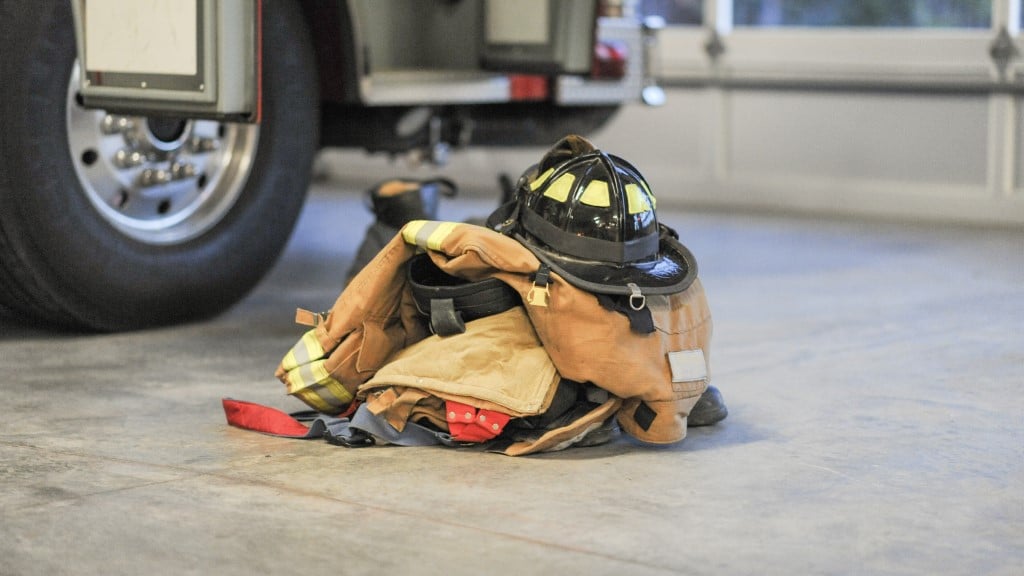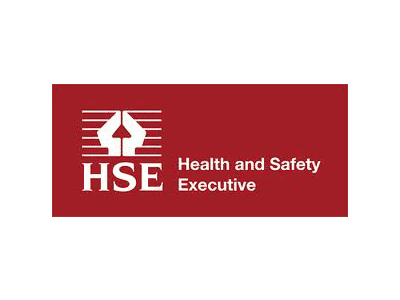August 4, 2023
Building Safety Regulator announces first step towards regulating the building control profession
From our colleagues at Barbour EHS.
The Building Safety Regulator has announced two independent provider schemes for building control professionals to take the first step in becoming registered building inspectors. Registration is a key part of making building control a regulated profession, it says.
The Building Safety Competence Foundation and the Chartered Association of Building Engineers (CABE) have been named as the first organisations to become independent competence assessors for all building control surveyors in England. The competence assessment is part of the pathway for building control professionals to become registered building inspectors.
More than 4,500 practicing building control professionals will need to be assessed and certified by April 2024. This will support them to become a registered building inspector. They will no longer be able to work in Building Control across the whole built environment in England without certification. Registration is required by the Building Safety Act 2022. The register will open in October 2023, with registration mandatory from April 2024, when Building Control will officially become a regulated profession.
From that date (April 2024), individual building control professionals, working for both the private sector and local authorities, will need to have passed an independent competence assessment to operate, and they will be required to be registered on the Building Safety Regulator’s register of building inspectors. BSR will provide a programme of support and guidance ahead of registration to help individuals and employers understand what they need to do to meet the requirements, as well as how to register.
As part of the BSR approved independent competence assessment schemes, candidates will be evaluated against the Building Inspector Competence Framework (BICoF) classes 2-4 every four years. Assessments include interview and examination pathways and continuous professional development.
The BICoF focuses on the skills, knowledge, experience and behaviours expected of registered building inspectors. BICoF is split into nine interrelated subject areas, which broadly cover technical competence, competent application of knowledge and understanding in core building inspection functions and activities, and management competence.
Dr Gavin Dunn, Chief Executive of CABE, said: “Building control professionals have a vital role in helping to deliver buildings that are safe, sustainable, and accessible to all. CABE is delighted to be able to play its part in supporting professionals to demonstrate their competence and in developing a culture of continuous improvement that will help protect the public interest in the long term. We do not underestimate the challenge in getting the building control profession ready by the April 2024 deadline. It is a huge undertaking, and we are in constant talks with relevant organisations to make this transition as smooth as possible.”
The BSCF’s Chief Executive Lorna Stimpson said: “Dame Judith Hackitt asked industry for change; she asked for a change of mindset to reprioritise safety, a change of culture and the introduction of measurable competence. Dame Judith challenged industry, and in particular building control to “get on with it, don’t wait to be told what to do.
“The BSCF scheme, which is developed in accordance with the requirements of ISO17024, and is audited and accredited by UKAS, is a robust, impartial and unbiased competency assessment which assesses a building control professional’s individual skills, knowledge, ethics and behaviours. The BSCF’s model reflects the changes Dame Judith called for and the change our communities deserve. It puts people’s safety first and holds up to scrutiny from all, including service users, senior managers and insurers.
“We are delighted to have received approval from the Building Safety Regulator to provide independent competence assessments for building control surveyors in England. We have been impressed by the rigour of the BSR’s process for acceptance which holds true to Dame Judith’s vision of safety above all else, and we are actively encouraging building control professionals to prove their competence and make their application for registration.”
HSE’s Director of Building Safety, Philip White said: “This is a pivotal moment for the building control profession. It will enable individual building control professionals to have independent recognition of their years of investment in their skills, knowledge and experience. It’s also another important step on the path to rebuilding confidence in the profession after Grenfell.
“Our advice to those working in building control is to embrace this positive and important change and to begin the process early to avoid ending up in a queue.”
Making building control a regulated profession that is required to demonstrate its competency to the Regulator is part of the legacy of the Grenfell Tower fire tragedy.
It is also a crucial component in BSR’s work in assuring the public that buildings are designed, built and maintained safely.
HSE
July 2023
Our Comment
This announcement marks the progression to the next stages of reforming the wider building safety inspection regime by increasing and overseeing professional standards where necessary.
Contact
At William Martin, we bring unparalleled health & safety expertise and powerful technology to the table. Whatever your sector and wherever you are, we give you the support you need to keep compliant, strong, and successful.
This content has been produced in association with our sister company, Barbour.
For all enquiries, please contact us or call our team on 0203 819 8829.





